Tomato is one of the most popular vegetable on the market. Greenhouse facilities are able to produce it 11 months annually, the rest of the year is for technical maintenance. Trussies of tomato has 25-40% higher prices, therefore the right storage condition is crucial.
Nemeskert Ltd is a second generation family company, was established in 1975, located on the souther part of Hungary. The company owns 13 hectares of greenhouses which are heated by geothermal energy. Their main product is tomato, of which 9 hectares are planted, and the annual yield of it is 4 – 4500 tonnes. The secondary products of nemeskert Ltd are green pepper, hot green pepper, cucumber and lettuce. Since 2014 the company has an audited packaging facility with cold rooms.
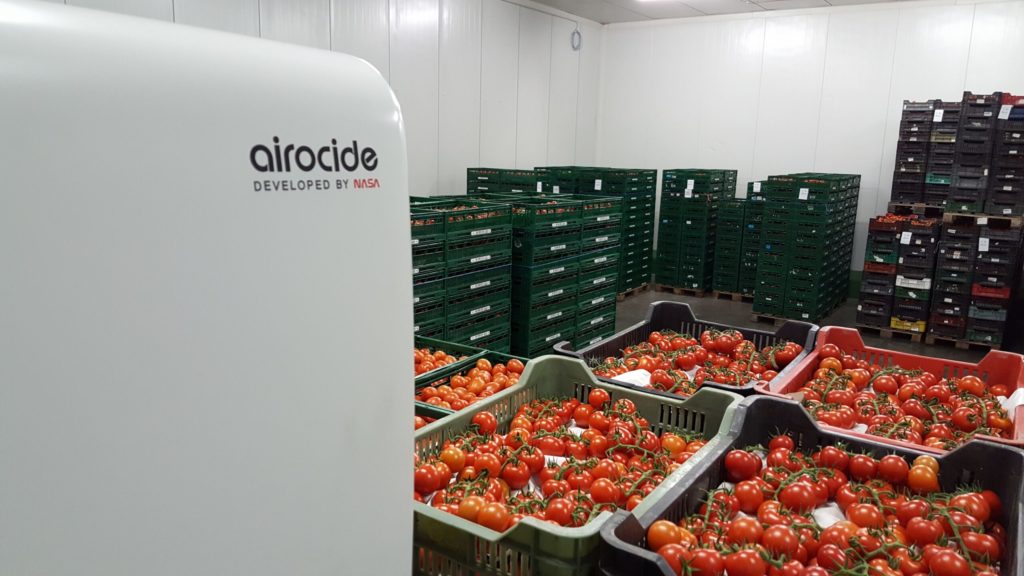
Testing Protocol:
The comparative study was made in two equal-sized cooling rooms (12 x 20 x 3 meters). For the study four sample products were used from four different producers; the samples were marked product 1, 2 ,3 and 4 and each of the samples were placed in both cold rooms. The cold rooms are marked “B” and “D”. Both rooms are set to 14 Celsius degrees. Cold room “B” was equipped with an Airocide GCS-100 Air Purification System. Cold room “D” is equipped with an ethylene filtration system, which filters were changed seven days prior the beginning of the study. At the beginning of the study (2016.08.03.), samples were taken from the four products to laboratory analysis . At the end of the trial (2016.08.30.), samples from the same products were once again sent to laboratory and this time separate analyses were requested for the samples stored in “B” and “D” cold rooms. Ethylene gas measurement was made by a Bioconervacion ppm Ethylen unit, with a measurement range between 0-99.9 ppm.
As a result in cooling room “B” only a few mould spots could be detected, the stems of the tomatoes were still green, had no mold on their surface. In cooling room „D” mold appeared on the stems of the tomatoes, while no such issue occurred with tomatoes stored in fridge “B”.
Airocide Photocatalytic Air Purifiers contain the same NASA-developed technology that is used in a variety of Airocide product lines. In addition to serving the floral and perishable preservation and food safety industry the Airocide technology has been developed to kill/remove/eliminate airborne pathogenic and non-pathogenic microorganisms in vegetative and spore states (bacteria, mould, viruses and dust mites), allergens, odours and harmful volatile organic compounds (VOC’s) in air in a variety of commercial, government, and residential market applications including the medical healthcare industry (Airocide is listed as an FDA Class II Medical Device).
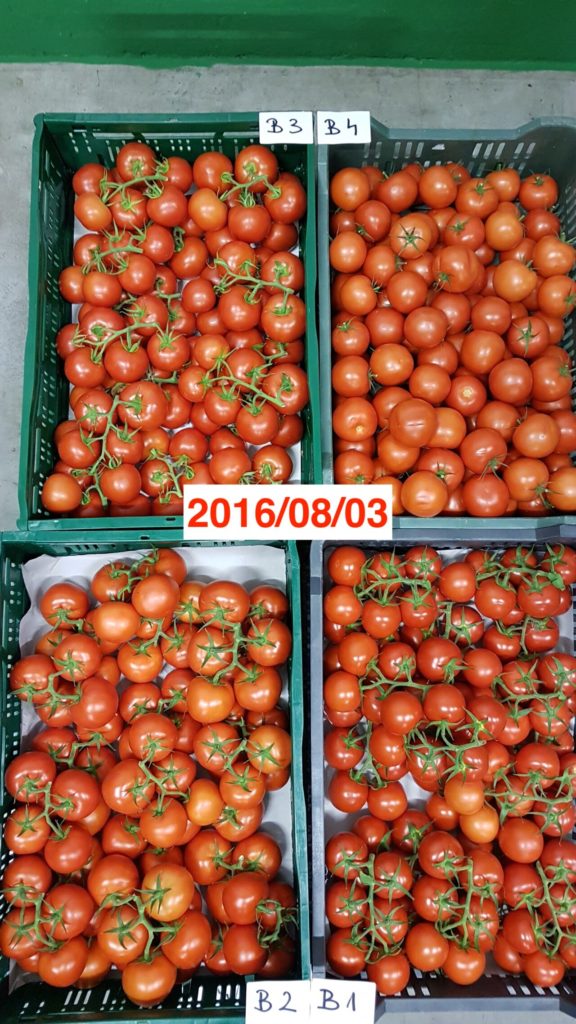
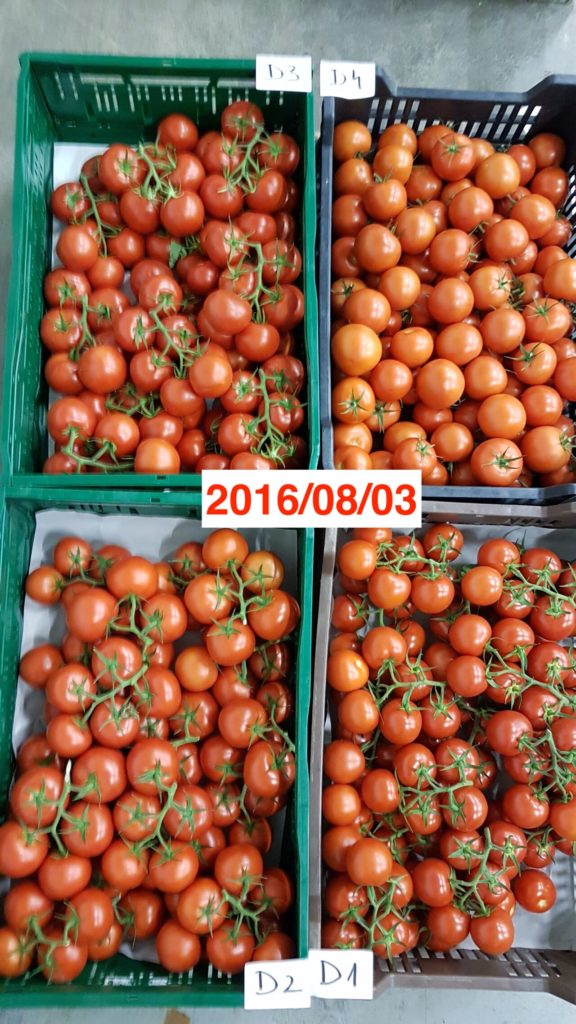
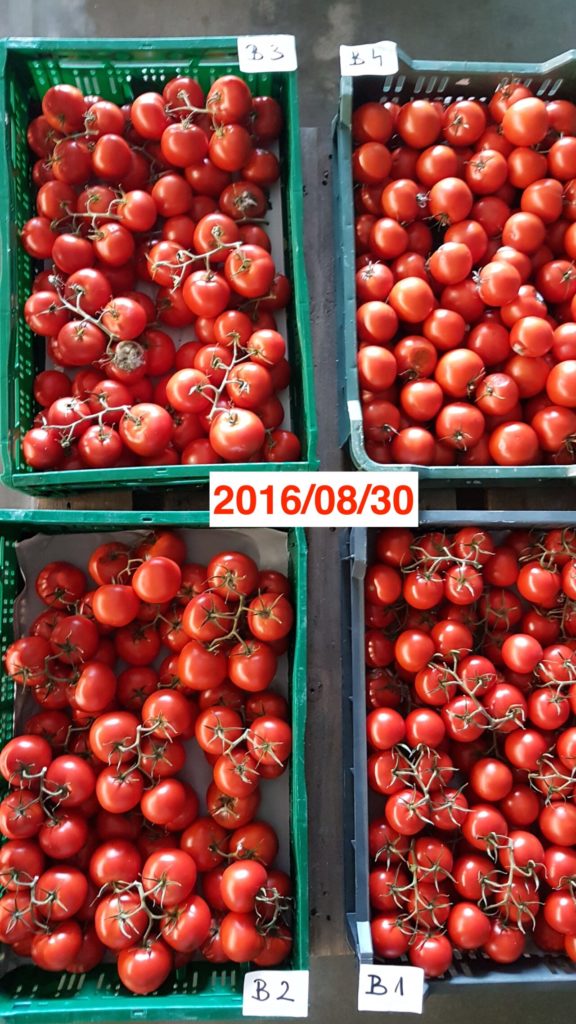
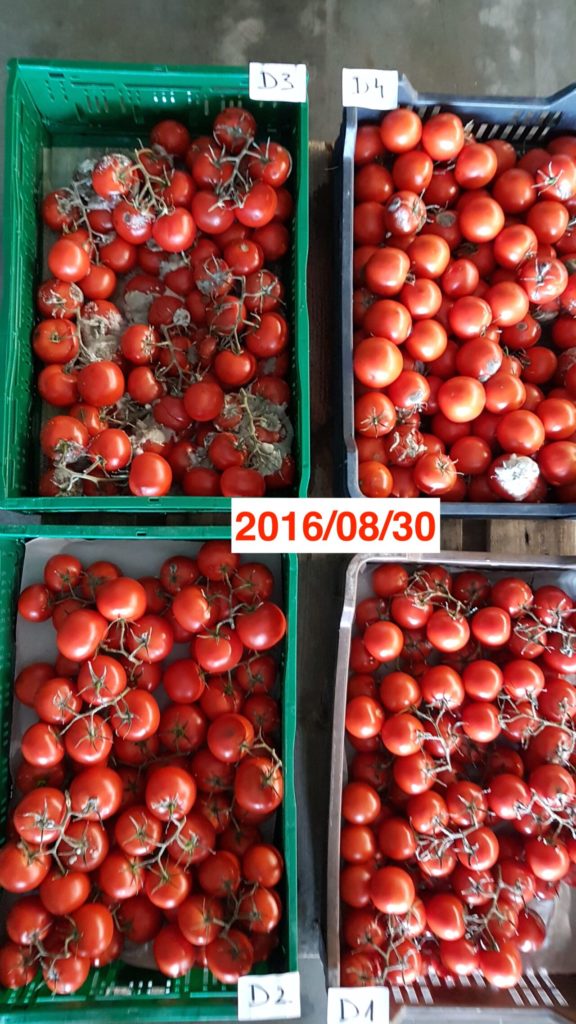
Airocide kills viruses safely and effectively.
Read the official results of the research conducted during the current epidemic HERE!

This next-generation air purification device eliminates airborne pathogens including bacteria, viruses, pollen, mold, yeast, allergens, VOCs and odors.